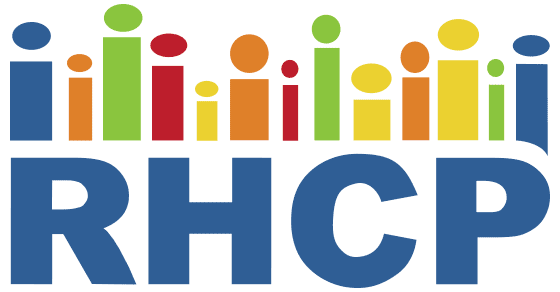Perceived Impact of Human Subjects Protection Training on Community Partners in Community Based Participatory Research
National Institute of Health Public Access 2014
An adapted Human Subjects Protection Training (HSPT) program was implemented by RHCP to address barriers faced by community partners in participating fully in community-based participatory research (CBPR). Seven participants from diverse immigrant and refugee backgrounds completed the training, which was modified from Mayo Clinic’s institutional curriculum to better suit community needs—emphasizing flexible scheduling, minimal jargon, and a safe, discussion-based learning environment. The training was delivered in a small group setting with contextualized discussions linking ethical principles to RHCP projects. Participants reported high acceptability (mean score 4.5/5), improved understanding of research safeguards, and increased trust in the research process.
Focus group feedback highlighted that successful HSPT for community partners should be interactive, culturally sensitive, and tailored to CBPR contexts. Participants emphasized the importance of shared learning experiences, which fostered camaraderie, transparency, and empowerment within the partnership. They advocated for broader dissemination of research ethics concepts to community members, suggesting that informed communities would be more likely to engage in ethical research. RHCP’s approach demonstrates that co-designed HSPT can strengthen CBPR partnerships by building capacity, enhancing mutual respect, and promoting equitable participation in research.
